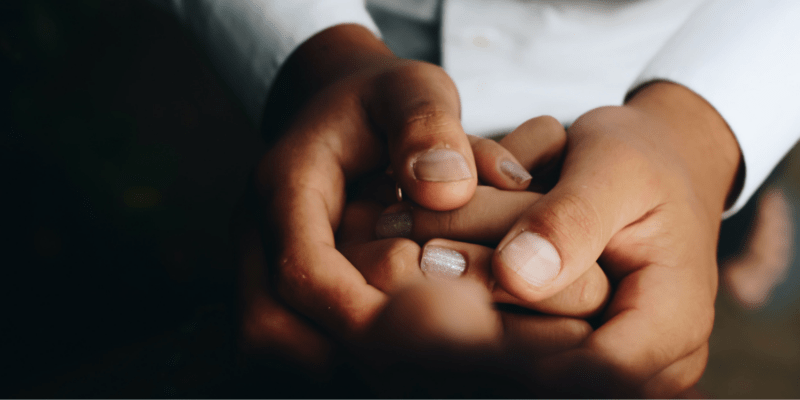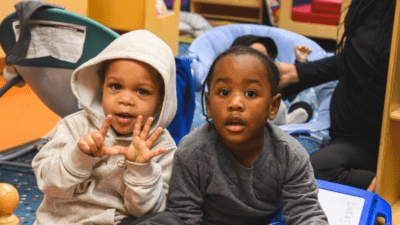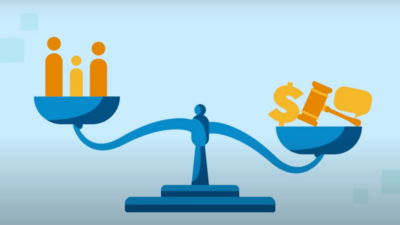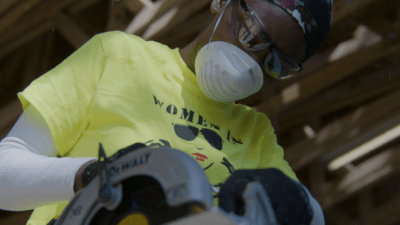This story was produced in partnership with the W.K. Kellogg Foundation and was originally published by Word In Black.
Not long after starting work as a practicing physician, Dr. Paula Braveman reached an important diagnosis: many of the Black patients she treated for things like hypertension or diabetes had something in common. She later confirmed the observation as a public health researcher in San Francisco.
Being Black in America, she concluded, is hazardous to your health.
“Once you are sick, you definitely want medical care, but it is the conditions of your life that largely determine whether you get sick in the first place,” says Braveman, founding director of the Center for Health Equity and professor of family and community medicine at the University of California-San Francisco.
“Structural racism systematically exposes Black people to health-harming conditions and obstructs their progress to health-promoting conditions,” Braveman says. “These factors did not just suddenly emerge. They have always been there, from slavery on.”
Racial healing is absolutely part of the equation.
DR. PAULA BRAVEMAN
There is, however, an interim prescription, Braveman says: Black people connecting to talk about their experiences in an atmosphere designed to heal, not hurt.
“I think that seeking opportunities for Black people to come together and discuss with each other their experiences of racism, and how they deal with it, could have healing effects, but only if sustained over time,” Braveman says. “Racial healing is absolutely part of the equation.”
Until recently, the notion that things as disparate as housing or education can influence a person’s health outcomes was a radical idea with little scientific support. But researchers like Braverman and others found solid evidence that social determinants — the conditions and circumstances in which people are born, grow, live, work, and age — can shape their well-being.
Factors driving health inequity are “disparities in the conditions that people experience, including racism in its many forms,” such as economic insecurity, unsafe or insecure housing, and poor nutrition, to name a few, Braveman says. “It’s important to understand that for Black people, racism, particularly structural and systemic racism, is actually the cause of almost all the other causes on this list and longer lists.”
Those conditions, she says, confirmed what she’d seen when she was a young doctor.
“So many of my patients needed changes in the circumstances of their lives that could only be accomplished” through broad societal changes and public policy, Braveman says. “I see it all the time in my and others’ research findings.”
For example, a study Braveman did with colleagues, she says, found that “among Black women, those who often or very often worried about being treated unfairly because of their race, were far more likely to give birth prematurely than Black women who were comparable in many other ways but who did not often worry about being treated unfairly because of their race.”
While it wasn’t until the last decade that social determinants of health became a field of study, “a light is at last being shone on them, with an understanding that they are direct products of racism,” Braveman says. “They operate whether or not any particular individual is identified who intends to discriminate; they operate because they are built into structures and systems, e.g., policies, laws, entrenched practices.”
For solutions, however, Braveman believes there must be racial healing on a broad scale.
“I think that seeking opportunities for Black people to come together and discuss with each other their experiences of racism (and how they deal with it) could have healing effects, but only if sustained over time,” she says. “At least in the beginning, a skilled facilitator is probably needed, so this is not a super-cheap intervention.”
Braveman also points to the California Department of Public Health’s Black Infant Health Program, a series of classes specifically designed to address racial trauma among pregnant and parenting Black women.
There must be racial healing on a broad scale.
DR. PAULA BRAVEMAN
Along with providing long-term planning and a support network of other Black birthing people, the BIH program addresses internalized racism “by including a discussion of a ‘Black icon’—a Black individual who has made significant contributions to society,” according to a program description.
While support for new parents and racial healing can help, reversing social determinants of health and creating health equity has to happen at a higher level, Braveman says.
“The primary focus needs to be on changing the laws and policies (e.g. on voter suppression; on funding for schools; on environmental injustice) that are the fundamental instruments for racism’s effects,” she says.








Comments